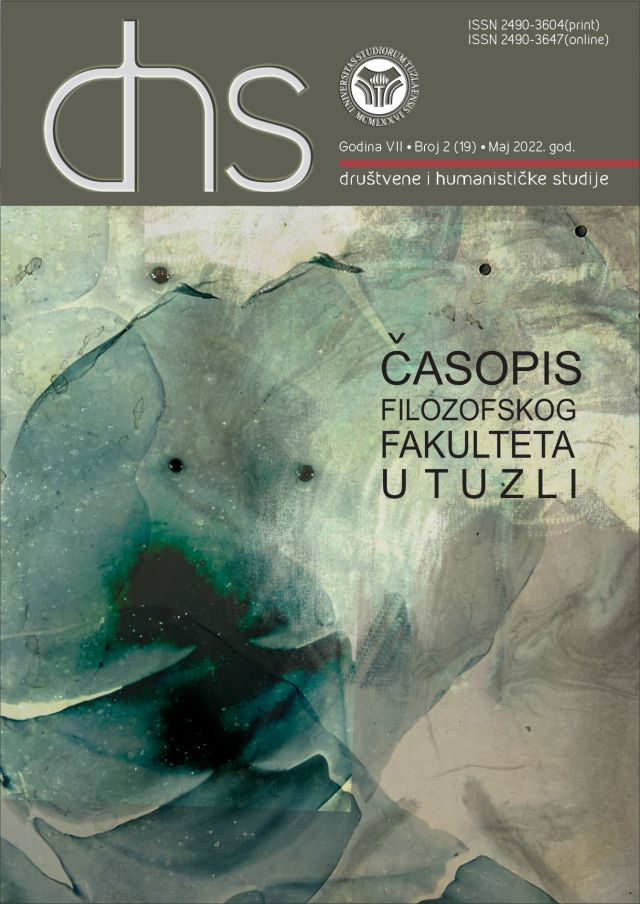Pisma kao izvor za proučavanje književne prošlosti (na primjeru korespondencije Alije Nametka između dva svjetska rata)
Letters as a Source for the Study of Literary Past
Author(s): Nehrudin RebihićSubject(s): Bosnian Literature, Theory of Literature
Published by: Filozofski fakultet Univerziteta u Tuzli
Keywords: Alija Nametak; Safvet-beg Bašagić; Hamdija Kreševljaković; Bosnian studies; letters; censorship; Matica hrvatska; policy; Slavic studies;
Summary/Abstract: Correspondence as a source for the study of literary, cultural, and political circumstances and events in Bosnia has not received an appropriate place in the humanities and social sciences because the letters are treated exclusively in the field of privacy. However, letters are sometimes a first-class source for presenting an image of a particular period or event, especially if it is interesting to determine how a particular person or group understands events or processes in society and culture. Studying the letters would open a different perspective on some events since it is often about an "informal" form of communication. In the framework of Bosnian studies, the so-called "letters from the border/krajišnička pisma" (Muhamed Nezirović and Lejla Nakaš) have been the most comprehensively studied, with slightly fewer letters in oriental languages (Sabaheta Gačanin), while letters from the 20th century (Hamid Dizdar, Munir Šahinović, Alija Nametak, for example), unfortunately, did not receive proper valorization. In this paper, the correspondence of Alija Nametak between the two world wars will be presented. Considering the dispersed thematic content of the letters, they are grouped into several thematic units. Letters about Safvet-beg Bašagić, letters about political censorship of articles and literary and artistic works, and correspondence with Slavists throughout Europe especially stand out. The letters were linked to other texts (co-text) that were in the broadest sense related to the topics of the letters. We tried to present as much as possible the events to which the letters referred. We also pay attention to the need to renew the study of Bosnian archival and documentary material, especially in the study of the history of literature.
Journal: DHS-Društvene i humanističke studije: časopis Filozofskog fakulteta u Tuzli
- Issue Year: XIX/2022
- Issue No: 19
- Page Range: 17-44
- Page Count: 28
- Language: Bosnian

